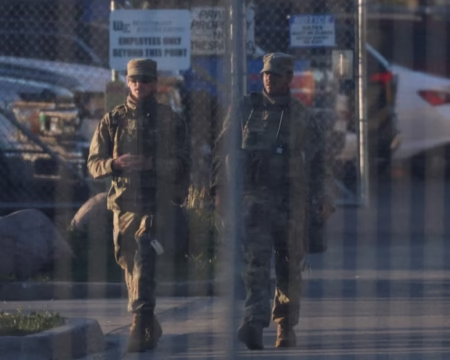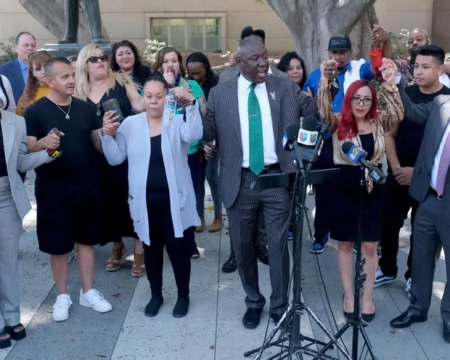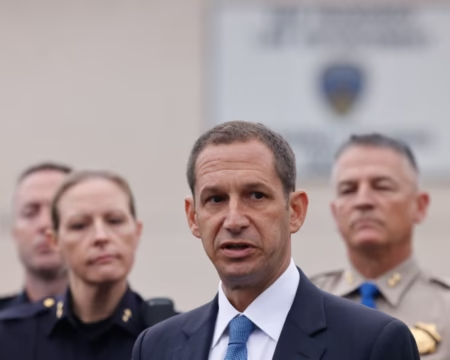The U.S. Secret Service has suspended six employees without pay after a serious security failure during an attempted assassination of former President Donald Trump in Butler, Pennsylvania, nearly a year ago. The disciplinary move comes as part of a wider effort to rebuild public trust and improve internal systems following intense criticism.
Matt Quinn, deputy director of the Secret Service, confirmed that the suspended staff faced penalties ranging from 10 to 42 days without pay or benefits. Once their suspensions ended, they were moved to lower-responsibility roles with limited operational duties. This decision was made as the agency launched a major internal review.
Quinn explained that no one was fired because the agency wants to fix long-standing problems rather than shift blame. “We are laser-focused on fixing the root cause of the problem,” he said during a recent interview. “We aren’t going to fire our way out of this. We’re going to address the core issues and make real changes.”
The assassination attempt took place on July 13, 2024, during a campaign rally in Butler. A shooter opened fire, grazing Trump’s ear. One person in the crowd died, and two others were injured. The gunman, identified as Thomas Crooks, was killed by a Secret Service sniper. The event sparked a nationwide debate over political safety and law enforcement readiness.
In the months following the attack, the agency has faced sharp questions from lawmakers and the public. A 180-page report from a bipartisan House task force released in December 2024 found deep flaws in leadership and planning. The report stated that the problems were not limited to the day of the event, but were rooted in outdated practices and poor preparation.
Among the issues highlighted was the lack of coordination between the Secret Service and local law enforcement. The report also criticized the agency for assigning critical roles to agents without proper experience in planning or managing large-scale security operations.
Quinn admitted that the Butler incident was an “operational failure” and said the agency has taken steps to ensure it never happens again. “The Secret Service is totally accountable for Butler,” he said. “We own that mistake. Now we are focused on making sure our systems are stronger.”
To prevent future incidents, the Secret Service has introduced new tools and systems. These include military-grade surveillance drones and upgraded mobile command units. The upgrades allow direct communication between agents and local police—something that wasn’t possible last year.
The agency has also launched new training programs aimed at improving planning and communication. These changes are designed to address the lack of preparation noted in the congressional report. Quinn said the goal is to create a culture where responsibility and readiness are the norm, not the exception.
The attempted assassination in Butler wasn’t the only threat to Trump’s safety in 2024. A second attempt was reportedly foiled in West Palm Beach, Florida, just weeks after the Butler rally. The growing concern over security failures led to the resignation of Secret Service Director Kimberly Cheatle and set off multiple investigations.
These investigations have added to public pressure on the agency to reform. Congressional hearings have featured emotional testimony from victims’ families and pointed questions from lawmakers. Many have called for more transparency and accountability in how the Secret Service handles high-risk events.
Despite the turmoil, Quinn remains confident in the changes underway. He emphasized that while mistakes were made, the agency is now better equipped to deal with evolving threats. “We are building back stronger,” he said. “What happened in Butler must never happen again.”
The incident and its fallout have become a turning point for the agency. As the next election season approaches, many are watching to see if the Secret Service’s reforms can restore its reputation and ensure better protection for public figures.







